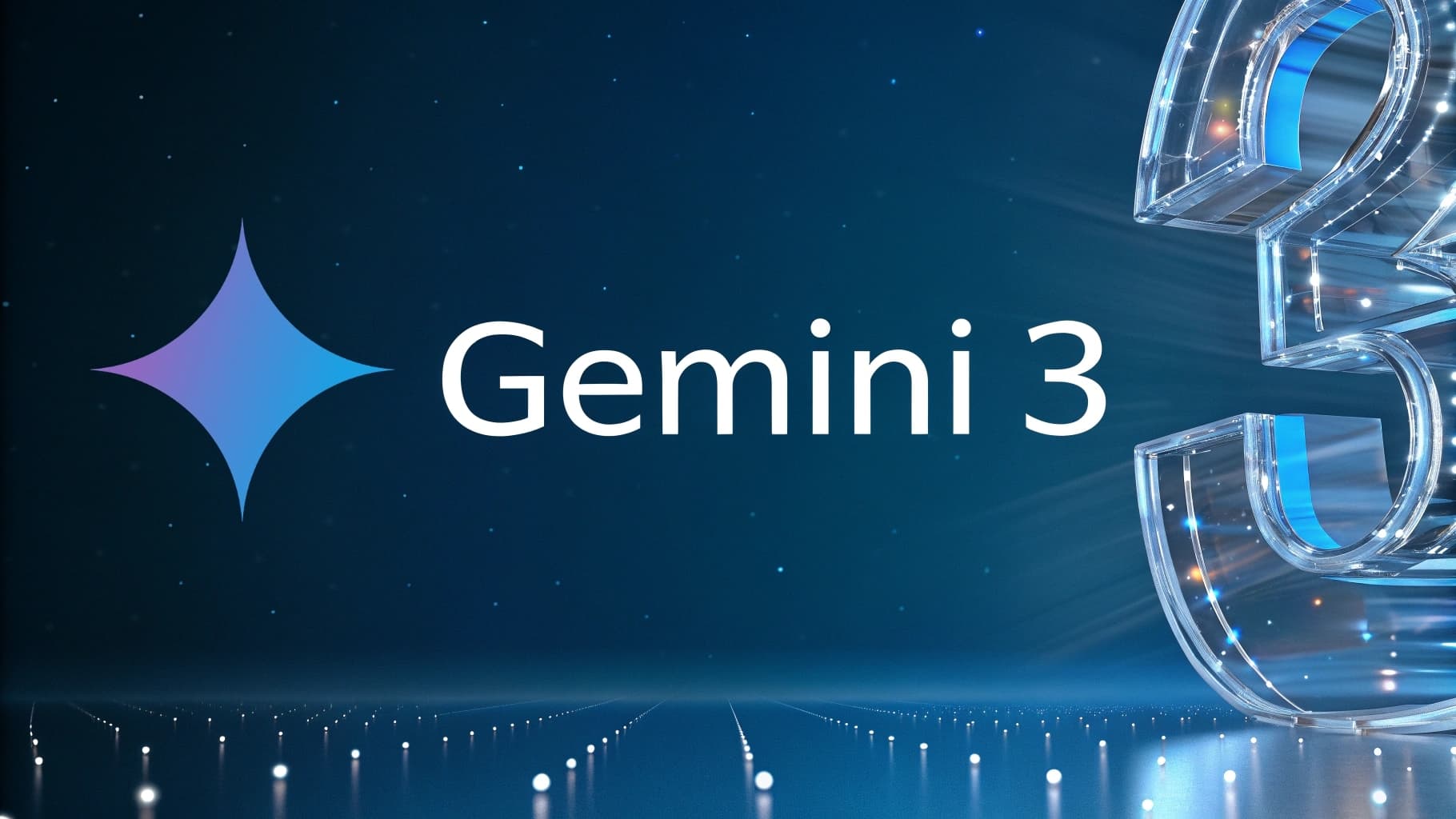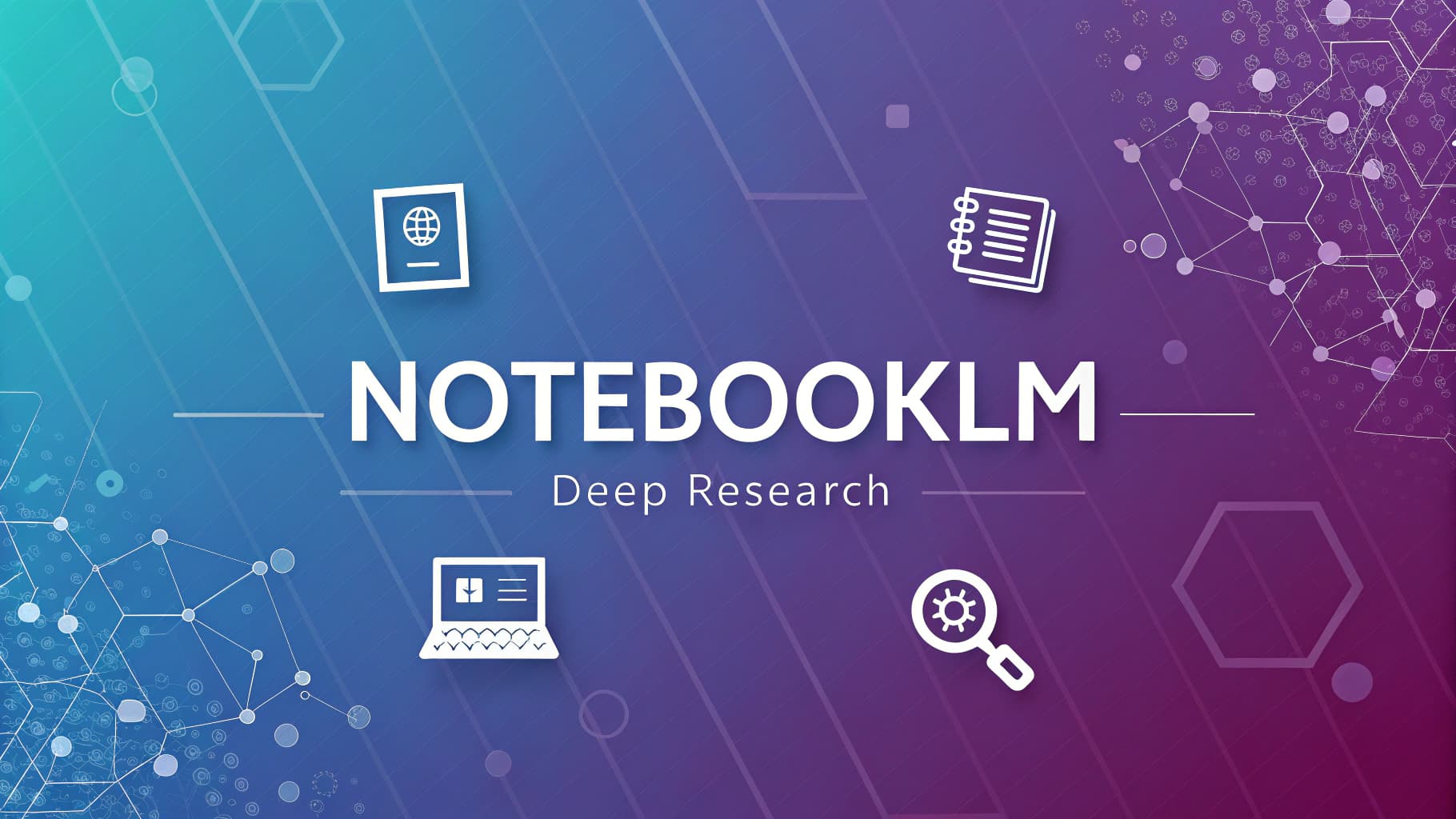
Google AI Agents: Web Search Changes Forever
At its I/O 2025 conference, Google quietly stepped away from the idea of search as we’ve known it for decades. The company introduced a series of updates built around AI agents-signaling that search engines, as we understand them, might be fading into the background.
A New Era of Search: From Clicking Links to Getting Things Done
For years, Google was our go-to tool for finding websites. Type a question, scan the blue links, click, and repeat. But that model is starting to look dated.
With the rollout of “AI Mode” in the U.S., users can now chat with an intelligent agent that doesn’t just retrieve links-it can browse the web, summarize articles, and even complete tasks like making a purchase.
Things go a step further with the new “Agent Mode” in the Gemini app. This feature hands over full control to the AI-no need for constant input.
Say you’re looking for an apartment to rent. You could tell Gemini your budget, location, and preferences. The agent then opens real estate sites like Zillow, filters the listings, and can even schedule a viewing on your behalf.
All of that happens behind the scenes, without you clicking a single link.
The Shift Toward Web Agents
To push this concept further, Google introduced “Project Mariner” for Gemini Ultra subscribers. This tool allows the agent to multitask-handling up to ten browsing activities at once while behaving much like a human user.
Then there’s “Deep Research,” an agent designed to dig deeper. It combs through dozens of sites, analyzes content, and returns a detailed, easy-to-read summary.
Even more impressively, it ties results to your Gmail or Google Drive-so the insights are tailored to you.
These capabilities aren’t limited to Gemini. They’re also beginning to show up in Google Search, Chrome, and even Gmail-where responses can now be written based on your prior activity.
Google is also backing MCP (Model Context Protocol), a standard built by Anthropic. It’s meant to help AI agents connect with online sources more reliably-laying the groundwork for what Google calls the “Agentic Web.”
Are Publishers’ Profits at Risk?
Microsoft isn’t sitting on the sidelines. Its CTO, Kevin Scott, recently shared his vision for an “Open Agentic Web,” where intelligent systems work on users’ behalf across platforms.
But while the tech is promising, the implications are complicated.
Some analysts worry that if agents replace human web traffic, the advertising revenue that supports many sites-including news outlets-could dry up. That could pose a real threat to online journalism and free content.
And let’s not forget: AI hallucinations are still a problem. Sometimes these models just… make things up.
Demis Hassabis, CEO of DeepMind, didn’t sugarcoat it. “For these models to reach general intelligence,” he said, “they need to be far more consistent across tasks than they are today.”
Where Gemini Is Headed Now
After Google’s announcements at I/O, it’s clear the company is doubling down on agents-not just as a side feature, but as the new foundation for how we interact with the web.
There’s no doubt it’s a leap in convenience. But it also raises real questions-about privacy, transparency, and our role in a world where machines might be doing most of the clicking for us.




